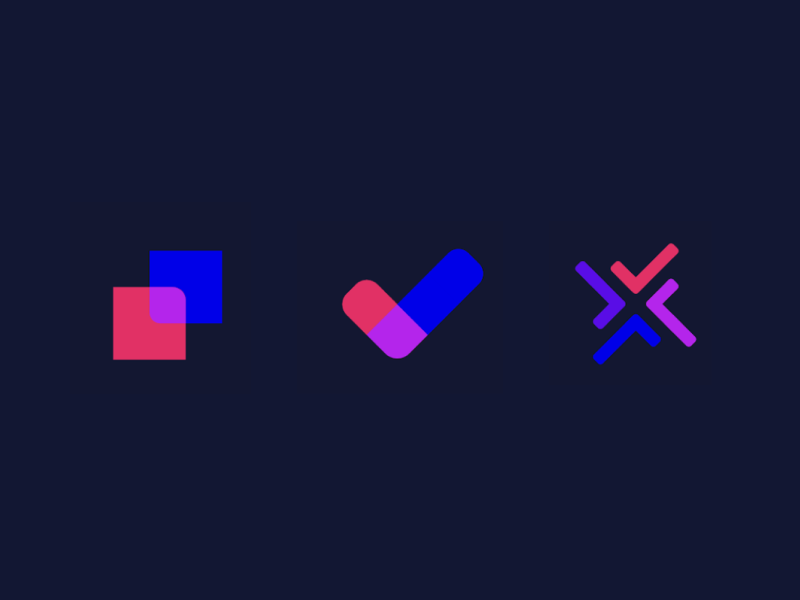A few years back we were brainstorming with some friends and colleagues about current challenges related to our work routines and how we could fix them — as we often do. We discussed different approaches, from tech-enabled approaches to changing our own habits.
One of the problems that came up and were becoming an ever more pressing issue was the growing number of tools we were using to save and share information in our day-to-day work and then spending way too much time looking for something when we needed it again — whether it’s a new joiner’s info, a code snippet, some product feedback or designs — often enough ending up not finding something at all, having to recreate it from scratch.
We did some research on this and realized that people not only spend valuable time trying to locate something that they know for sure is out there, but they also involve others in the process of looking for something they need, which adds up to more time lost on a team or company level.
This became even more problematic when Covid hit and everyone was forced to work from home in isolation. Losing that sort of contextual knowledge you develop in an office environment topped with the fact that asking a question online is way more time-consuming than shouting around in the office.
Within a few short months, we built a search tool that integrates with various applications and platforms including Slack, Gmail, Drive, and Chrome, and can search simultaneously across the entire history of these platforms including messages, documents, files, and sites across your Chrome browsing history. The experience was insane, it felt literally like magic.
For personal and other reasons, even though we were using the product on a daily basis, we ended up not pursuing the idea further as a venture and shelved it until a few months ago when we decided to pull together a small team and build the whole thing again from scratch.
We learned quite a few things in the interim period that changed our perspective on the problems we were trying to solve:
Firstly, that search, whether through natural language queries or keywords is only one part of the problem. Lots of times we find it more natural to find something through browsing because we need certain clues to start remembering and formulating the search query. One of the strongest clues in this area is people and conversations because we tend to remember who shared something with us, or who did we share something with. (We wrote a separate post about this topic)
Secondly, we also realized that unless you are looking for some knowledge that comes from someone else and is new to you, you most often use the same set of tools, pages, and documents for a project, and perform the same set of tasks, yet you can still spend lots of time looking for these resources, whether it’s at the start of the day or during the day. To put it simply, 90% of the things you search for — and spend lots of time searching for — are things you have recently used or encountered in the past days or weeks. This pattern was most strongly apparent among freelancers, solopreneurs working for several clients on several projects at the same time, switching contexts a myriad times a day. So, besides helping with automatically saving and categorizing everything you and your teammates have seen, said or shared, providing the ability to add your own layer of labels, and notes and manage your content in a consistent manner will save people lots of time in the realm of searching for things.
Thirdly, expanding on what we were already doing we realized we can assist teams with building knowledge by leveraging strategies similar to those successfully used by companies like Amazon to recommend products. By accessing your browsing history, and allowing you to share portions of it with your colleagues or friends, we can surface and resurface information that you or your team have already searched for. This is done both directly and indirectly. It helps us to prioritize search results (indirectly) and enables us to provide you with related content while browsing or searching (directly).
The original problem we set out to solve gradually transformed from a search problem — “A Google for your life”, “a search engine for your team”, “Google for your workplace knowledge” — to a different problem and as one of our co-founders put it, we are building a “SharePoint for the non-Microsoft ecosystem”. So we are pursuing this direction. We have no intention of developing a do-it-all or substitute-it-all kind of productivity app. Rather our focus is on addressing one problem: enhancing access to your team’s resources and knowledge from any device.
Sign in:
- Webapp: https://gethaystack.com/
- Chrome: https://chrome.google.com/webstore/detail/haystack-chrome-extension/jbofdggnilpmefaneoaodohfddieinal
Beta sign-up:
https://gethaystack.com/beta-signup/
Screenshots:


